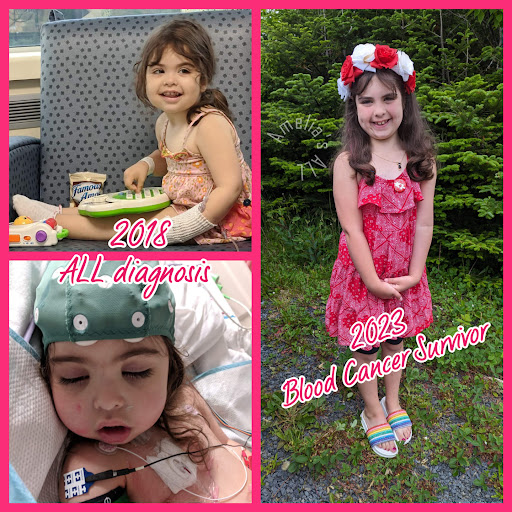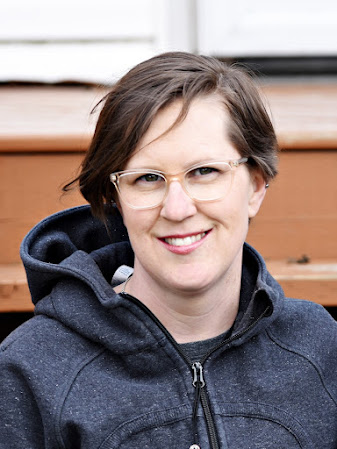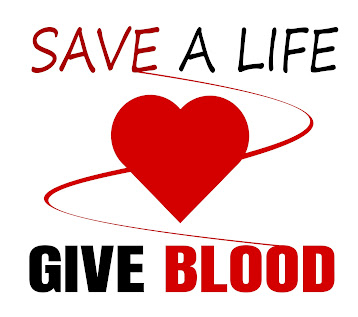According to the Leukemia and Lymphoma Society of Canada’s webpage they are now showing there are 5 main types of blood cancer. There are 137 forms of blood cancer and related disorders that are grouped into one of these 5 types.
I’d like to introduce you to my friend Michelle Burleigh who was diagnosed with a unique subtype of AML called Acute Promyelocytic Leukemia (APL).
She is a patient advocate, working with several organizations, to help bring awareness to understanding patient experiences within the Canadian Healthcare system. You can check out her BLOG and I also highly recommend her BOOK.
Here is a bit of her story in her own words.
If you had asked
me who I was 6 years ago, I would have told you that I was a relentless,
independent career woman who had lofty dreams that included luxury vacations, a
big house with a pool and an ensuite bathroom jet tub.
If you had come
to know me then, you would have learned that I came from very humble beginnings
and as a result, I pushed the boundaries of life in a way that allowed me to
succeed beyond my own expectations. What
you also would have learned is that I suffered for it. I
didn’t sleep enough, I didn’t eat a proper nutritious diet and I wasn’t getting
enough exercise, unless it involved late night dancing and gin.
You would have
come to realize I was stressed out and suffered from extreme anxiety and, on paper,
though I was doing well, my spirit was screaming.
I would have
spoken with such great pride of my children, the superior education they were
receiving and all the amazing activities they were a part of that I never got
to be part of as a child.
I wouldn’t have
told you about them being in school for 10 hours a day because of my work
commitments or my lack of focus during the time we spent together because I was
too busy checking email or thinking about our next move. That is not to say I have a demanding
employer. In fact, they have been quite
supportive over the years. Rather, this
was a result of having unrealistic expectations of myself.
I wouldn’t have
told you that my families move to a quaint, small town outside of the GTA which
was supposed to enrich our lives had turned out to be the single biggest
stressor in my life because the time I began spending commuting was the time I
used to spend in the gym.
6 years ago, I
was at my wits end.
On December 8th,
2017 my world was flipped upside down.
After feeling generally unwell for a few weeks, and then experiencing
some unusual bruising, I took myself to my local emergency room for assessment.
After having
blood drawn, the doctor returned to the room and asked me how old my daughters
were. I knew I was in trouble.
I was diagnosed
with Acute Promyelocytic Leukemia that day and told I would have to go to a
cancer centre immediately to begin treatment.
My first thought was, ‘People don’t come back from leukemia. I am going to die’.
After my first
bone marrow biopsy, I was told that my bone marrow as comprised of 90% leukemia
cells, and had I not gone to the hospital when I did, I would likely have
sustained a brain bleed that would have ended my life within 24 hours.
When my
oncologist came into my hospital room and explained the game plan to me, my jaw
hit the floor. My treatment plan
consisted of 2 different IV chemotherapies and several supporting oral
medications. The thought of what I was about
to go through was almost too much to bare.
I was in shock, I was heartbroken for my family and I was terrified for
my life.
The 22 days I
spent in hospital, and the following 4 months of nearly daily treatment as an
outpatient, was the single most difficult challenge I’ve ever experienced. I felt like I had been stripped almost down
to nothing. I wasn’t the independent
woman I had always been, and I felt powerless.
A previous
control junkie to manage my hectic and stressful life, and I had no control
over anything. Except one thing. My attitude.
I relentlessly fought my leukemia with the phenomenal help of my medical
team at Juravinski Hospital in Hamilton.
I achieved full
molecular remission in March 2018.
If you were to
ask me who I am today, I would tell you that I am not the same person I was 6
years ago. My battle with cancer has
changed my life and the lives of my family forever.
Having been
forced to live every day fighting to win THAT day has taught me to be in the
present. Beyond that, it has taught me
to appreciate the present. I see the
world around me from a very different perspective. The sky is a little bluer, the leaves on the
trees are a little greener and the fiery fall mums remind us of the coming
cold. I feel calm in my mind and in my
body that is a result of no longer worrying about tomorrow.
I live by the
practice of doing everything I can that I would regret if I didn’t, no matter
how afraid or embarrassed I may be, and I am teaching my children to do the
same.
I see people who
are still caught up in the rush.
Disconnected from everything around them and even themselves and I feel
for them. Rather than feeling angry that
the car in front of me is moving too slowly or the person at the counter in
front of me is taking too long, I feel patience.
I experienced a renewed
passion for helping people, which is why I launched my website, www.SoYouveGotCancer.ca, where I have blogged about my experiences
with cancer, shared the stories of other blood cancer survivors and share
information I hope will help people navigate a little easier or at least help
them feel less alone through their own journey.
I also began
utilizing my decades of business experience coupled with my lived experience as
a patient to start affecting positive change within our Canadian Healthcare
system, by working with several organizations to help them better understand
the patient experience and where gaps in processes create unnecessary
challenges during already difficult times for people and their families.
Maybe the most
important lesson I’ve learned is that life is not perfect, it is not a straight
path to success and the meaning of success is different for everyone. I’ve learned that the important part for me
is to surround myself with people who love me and support me and will enjoy the
journey with me.
Twenty years ago,
a leukemia diagnosis was practically a death sentence. Though my treatment course was a total of 26
months, I was given a new lease on life with a fresh set of eyes.
To everyone who is going through a similar horrific experience, you
are not alone. Know that how you spend
every ounce of your energy matters and so you can choose to use it in any way
you see fit. Be ruthless with it. And always, always remember that you are your
best advocate.
















The term comes from the combination of "cancer" and "anniversary." It gained popularity in the mid-2010s as people began to more publicly celebrate the victories and defeats that come with battling cancer, especially on social media.
Most people that have not had cancer or experienced a loved one getting cancer will probably not be familiar with the term. However, it is typically a big deal for the person battling it because it represents a moment that forever changed their lives.
Loved ones usually celebrate cancerversaries in a way that is appropriate for the milestone. For example, a cancer survivor's family and/or friends may go out to dinner to celebrate the cancerversary of the person's last treatment much the same way as a wedding anniversary or birthday. Or a person may take time to reflect on the cancerversary on which they were diagnosed to appreciate how it has changed them, for better and for worse.